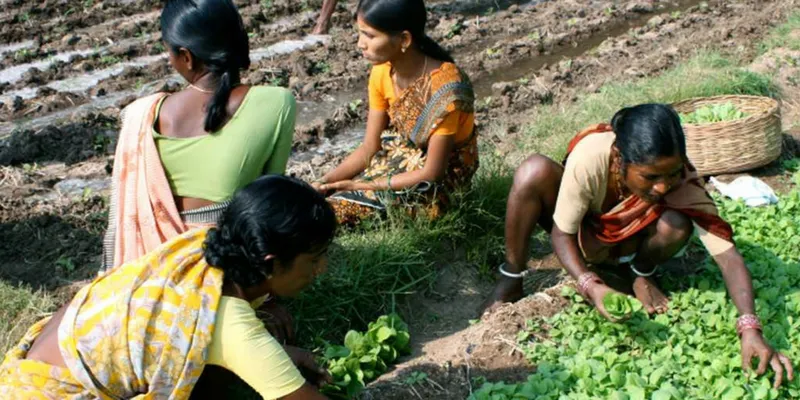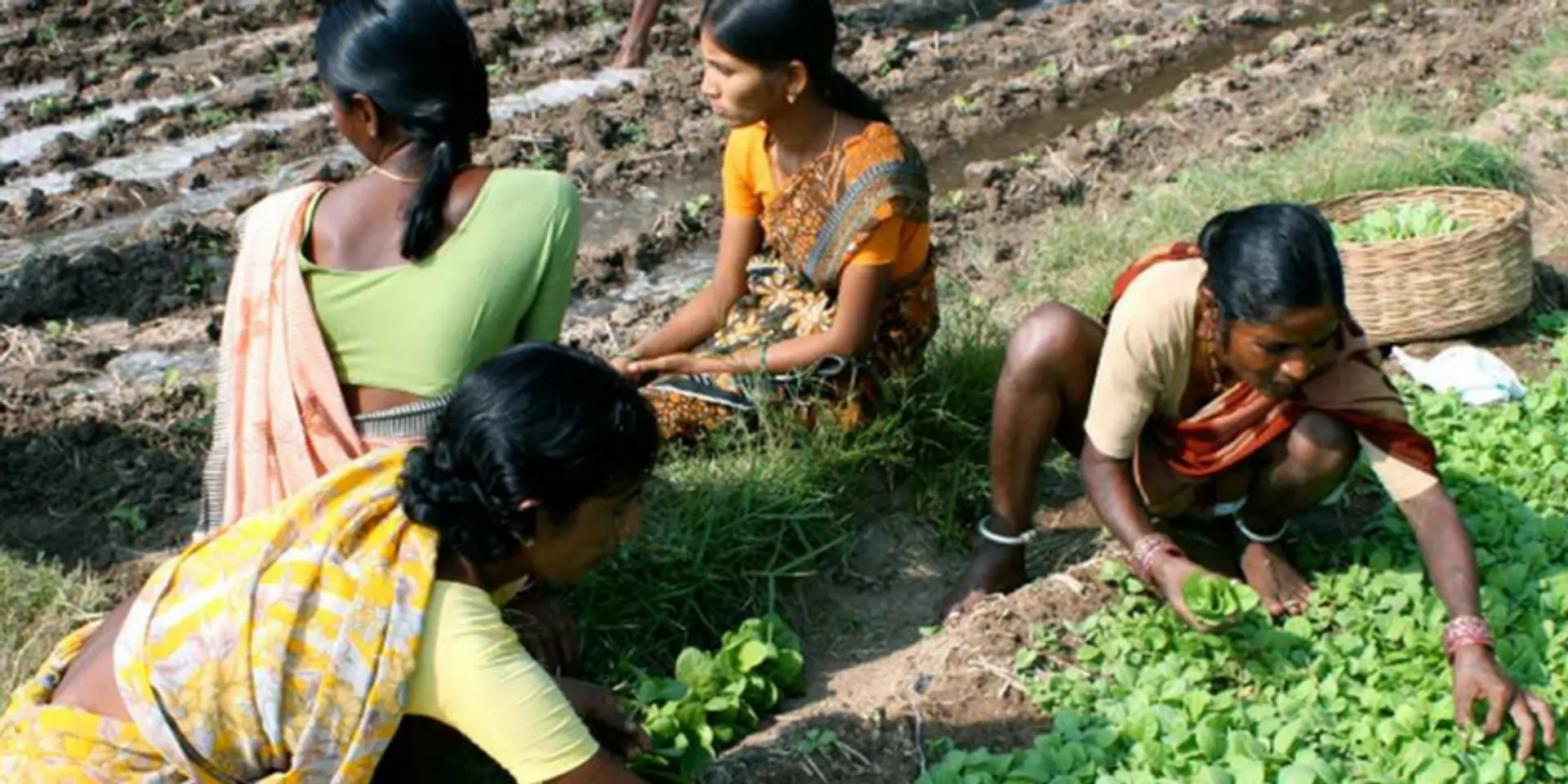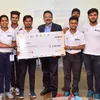Students’ device at the Smart India Hackathon can predict soil productivity using ML and IoT
At the Smart India Hackathon 2019, six engineering students from Lovely Professional University designed a device that, when fixed on a tractor, can test soil, and help a farmer decide what crop to sow.
Soil depletion is a serious threat facing agriculture today, especially in intensively farmed regions across India. Add urbanisation and water depletion to the mix, and it’s a concerning issue. At the recently held Smart India Hackathon 2019 - Hardware edition, six engineering students decided to tackle this issue with a device that measures soil productivity, and also guides the farmer on which crop suits the land.
With the agriculture sector accounting for 18 percent of the country’s Gross Domestic Product, team Electronica’s solution will help in sustainable agriculture.
The team received a problem statement from Mahindra & Mahindra – “Low cost on-the-go soil sensing and mapping,” and went about creating a device to address soil parameters.

Team Electronica, BTech (electronic engineering) students – Medisetty Arun Sai, Aparna Kadiyam, Ramana Botta, Juluri Bharath, Jithin Sri Sai Kalangi and Vinay Kumar Reddy Komma from Lovely Professional University – designed the device with the objective of aiding a farmer optimise production.
The idea was to create a soil-testing solution for farmers.The members developed a device that uses internet of things (IoT) to push data to cloud and machine learning (ML) to predict profitable crops for a particular type of soil or land.
The device, when attached to a tractor, collects soil samples while the vehicle is in motion. Soil sensing probes measure soil parameters, including soil pH value, moisture content, temperature, and also micro-nutrient content like nitrogen, potassium, and sodium.
Once the sensing is done, the device drops the soil and collects a new sample to start measuring again.
“This process is repeated across the field. Once data is collected, it is stored on a secure digital card, or with Wi-Fi access, pushed onto the cloud. We then update the soil data on Google My Maps,” Arun says.
“We will also suggest which crop will have the highest productivity for a particular soil type,” Arun says.
The team hopes to provide farmers with an application consisting of farm visuals and soil parameters in just a click. The team will be using chassis, servo motors, micro-controllers and soil sensors to build the device. It is also user-friendly, thus farmers can simply attach it to a vehicle while ploughing the field.
“If required, one can carry the device in their hand and use it in the same manner,” says Arun.
The team plans to distribute the device among non-governmental organisations to help farmers.
“We are hoping that the device will be profitable to farmers and bring about a change in traditional agricultural processes,” Arun adds.
They are now working on improving the accuracy of the product, and minimising cost to be able to launch it in the market.
The present government under Narendra Modi has been trying to build a strong spirit of innovation among young minds, especially students. To further this initiative, the government started Smart India Hackathon (SIH) in 2017 and recently concluded its third chapter successfully.
YourStory brings to the fore some amazing young minds who have taken up the challenge to solve some of the country’s grassroot problems.
(Edited by Suruchi Kapur-Gomes)





